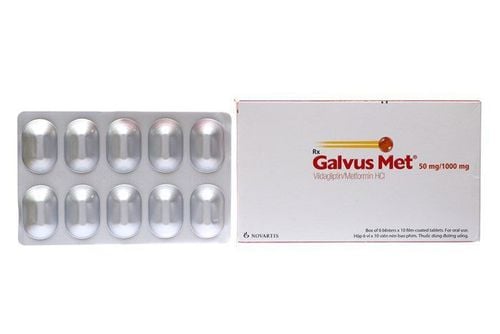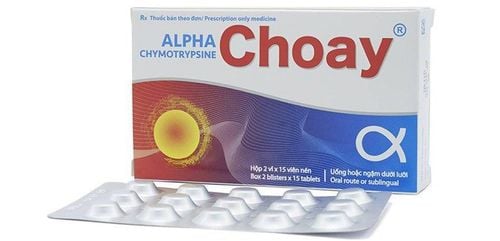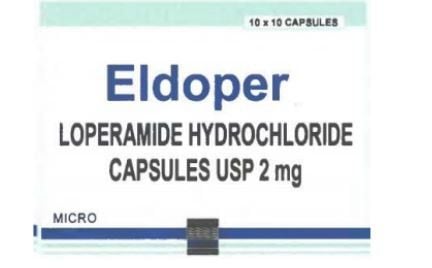There is no specific diet for patients with scleroderma, as symptoms and severity vary by individual. General advice for scleroderma patients on what to eat focuses on anti-inflammatory foods that provide energy, protein, vitamins, and minerals.
1. What should Scleroderma patients’ diet be?
Scleroderma is a condition where the immune system excessively stimulates cells to produce collagen, leading to inflammation and excess collagen accumulation. The disease causes skin hardening and, more severely, fibrosis of internal organs (systemic scleroderma) such as the lungs, digestive tract, and blood vessels. Although there are no specific foods or nutrients that can reduce collagen production, proper nutrition can improve the condition, helping to alleviate fatigue, inflammation, and digestive dysfunction in scleroderma patients.
The general dietary recommendations for scleroderma patients are as follows:
- Eat small meals frequently, every 3-4 hours. If there has been significant weight loss or if one can only eat small amounts at a time, eat more frequently, every 2 hours, to maximize nutrient intake.
- Choose fresh, whole foods that are cooked healthily. Avoid preservatives, artificial ingredients, or hydrogenated oils. If opting for canned foods, they should not contain chemical additives, and the ingredient list should be as short as possible.
- Add herbs and spices rich in antioxidants and anti-inflammatory properties, such as basil, rosemary, oregano, cinnamon, ginger, chili powder, chili, turmeric, and curry powder.
- Reduce added sugars: Added sugars differ from the natural sugars found in fruits, milk, and yogurt. Check the ingredient list and avoid terms that refer to added sugars such as sucrose, cane sugar, fructose, rice syrup, honey, nectar, corn syrup, and plant syrups.

- Consider taking supplement multivitamins and minerals such as zinc, iron, vitamins A, D, E, K, folate, and B-12, depending on specific nutrients that may be deficient. Probiotics may help restore gut function and reduce symptoms of bloating and distension.
- Drink clean water, best in glass or stainless steel bottles instead of plastic ones. One should drink half their body weight in ounces each day – over 2 liters for a person weighing 68 kg.
- Consider eliminating hard-to-digest foods from the diet, such as products containing wheat or dairy (lactose), to avoid digestive problems (bloating, discomfort, diarrhea, and/or constipation).
- Following a low FODMAP diet has also been shown to benefit scleroderma patients; however, consult a nutrition specialist to ensure proper nutritional adequacy.
2. Managing symptoms caused by scleroderma
Individuals with chronic conditions such as systemic scleroderma often experience fatigue, weakness, digestive issues, and nutrient deficiencies. Therefore, a high-quality, nutritious diet must be emphasized to improve quality of life and manage symptoms.
2.1. Reflux, heartburn
It is advisable to eat small meals regularly throughout the day to avoid bloating. Avoid eating within 2-3 hours before bedtime and refrain from foods that exacerbate symptoms, such as:
- Citrus fruits
- Tomato-based products
- Fried or oily foods
- Coffee

- Raw garlic, onions, and chili
- Mint
- Beans
- Broccoli
- Carbonated beverages
- Alcohol
Losing weight can also help improve reflux and heartburn in individuals who are overweight. Additionally, using an extra pillow when sleeping to elevate the head and torso can help prevent acid reflux into the airway.
2.2. Poor digestion, constipation
Some individuals experience digestive issues even when eating a variety of foods but cannot absorb nutrients properly, leading to vitamin and mineral deficiencies or other symptoms. Patients with systemic scleroderma are generally include gastrointestinal conditions, so it is recommended to:
- Exercise, such as walking, to promote food movement through the digestive tract.
- Consume plenty of fiber from whole grains, fruits, and vegetables.
- Take daily probiotic supplements or regularly eat yogurt with beneficial bacteria.
- Increase fluid intake and drink plenty of water.

2.3. Inflammation
-Increase antioxidant intake with dark-colored fruits and vegetables, especially dark greens, deep yellows, oranges, reds, purples, and blues.
-Choose fatty fish, seeds, and walnuts rich in omega-3 fatty acids.
-Consume foods high in vitamin E, such as nuts and olive oil.
-Consider taking Vitamin D3 1000 IU (cholecalciferol) with meals for better absorption.
2.4. Fatigue, sluggishness
- Divide meals into smaller portions and frequently replenish energy to prevent low blood sugar;
- Increase fluid intake;
- Exercise moderately for 30 - 60 minutes each day, engaging in activities such as walking, cycling, swimming, Pilates, or yoga;
- Get enough sleep, aiming for 7 - 8 hours each night;
- Consult a doctor about iron supplementation. It is recommended to take iron with juice containing vitamin C for better absorption.
2.5. Poor Blood Circulation / Raynaud's Syndrome
- Engage in exercise to improve blood circulation;
- Patients with systemic scleroderma and finger ulcers should consume animal protein sources rich in zinc and iron (such as beef and pork) to speed up wound healing
2.6. Stomach Tension, Tightness
- Consume foods rich in vitamin E, such as:

- Nuts;
- Wheatgrass
- Canola oil;
- Olive oil;
- Peanut oil.
Consider supplementing with 5 mg (5000 mcg) of biotin daily to nourish skin and nails.
2.7. Difficulty Chewing or Swallowing
Some patients may eat less due to difficulty chewing or swallowing, gradually leading to weight loss and malnutrition. In this case, scleroderma patients should:
- Drink smoothies or fresh fruit and vegetable juices;
- Combine fruits, yogurt, fresh milk, breakfast cereals, and/or whey protein powder;
- Consume soft, moist protein sources, such as cheese, steamed eggs, yogurt, fish, chicken soup, minced meat, pasta, etc.
2.8. Weight Loss
- Significant weight loss over 3 - 6 months may indicate inadequate nutrition and caloric intake. To regain weight and nutritional status, patients should consider:
- Consulting a doctor to address potential gut (or stomach) bacterial overgrowth;
- Adding healthy fats to the diet: olive oil, canola oil, peanut oil, nuts, margarine, avocados, fatty fish, and mixed salads;
- Consuming fruit smoothies, yogurt, and fresh milk, peanut butter, instant cereals, and/or whey protein powder;
- Considering protein-rich drinks between meals, 1 - 3 times daily;
- Opting for small meals every 2 hours to maximize caloric and nutrient intake.
Even when trying to adhere to a healthy diet, patients with systemic scleroderma are still at higher risk of malnutrition. It is crucial for each scleroderma patient to regularly monitor their nutritional status while consuming healthy foods throughout the day and ensuring adequate nutrients from all different food groups.
To arrange an appointment, please call HOTLINE or make your reservation directly HERE. You may also download the MyVinmec app to schedule appointments faster and manage your reservations more conveniently.
Reference source: healthline.com; uofmhealth.org













